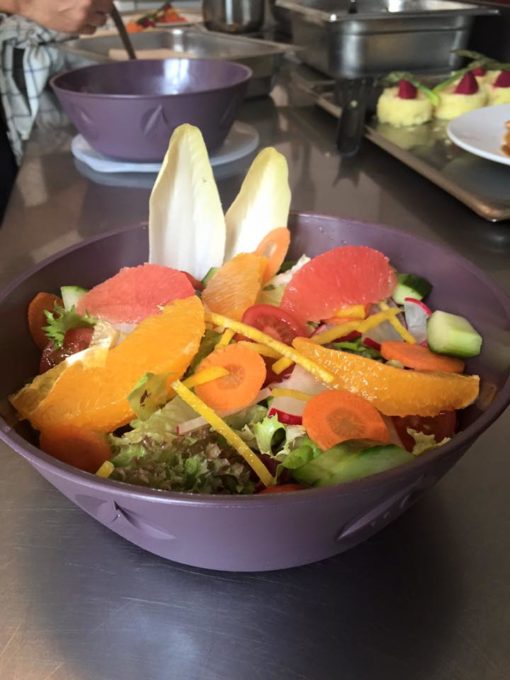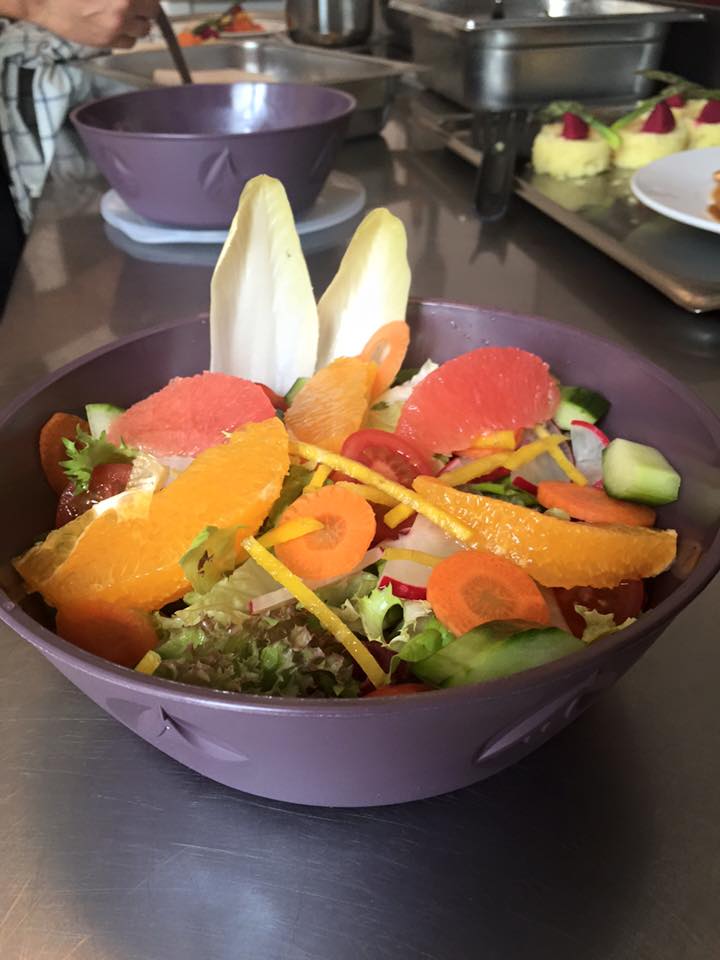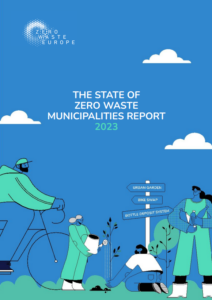
Recircle: who said that take-away food cannot be zero waste?
Recircle is a Swiss social enterprise funded in 2016 to provide a sustainable alternative to disposable containers for food to go: a system of reusable lunch boxes that restaurants can offer on a deposit scheme.
 In Switzerland single-use take-away food containers pose a serious problem. After lunch time, every garbage bin in the streets of Bern is filled with Styrofoam boxes, plastic salad bowls and non-recyclable food wrappers. This results in the bins being emptied 6 times per day, especially during the summer, when people enjoy their meals outside.
In Switzerland single-use take-away food containers pose a serious problem. After lunch time, every garbage bin in the streets of Bern is filled with Styrofoam boxes, plastic salad bowls and non-recyclable food wrappers. This results in the bins being emptied 6 times per day, especially during the summer, when people enjoy their meals outside.
This is a major problem in terms of pollution and waste management – but Recircle is coming to the rescue: thanks to an innovative scheme of reusable lunch boxes on a deposit, they are not only preventing waste and litter, but also saving money for cities and restaurants, at zero cost to consumers.
Recircle is a Swiss social enterprise funded in 2016 to provide a sustainable alternative to disposable containers for food to go: a system of reusable lunch boxes that restaurants can offer on a deposit scheme. So far, 70,000 Recircle boxes are being used by more than 400 restaurants in Switzerland and in Stuttgart, Germany.
The restaurants go through a three-month trial period before joining the scheme, where they are given the chance to promote the sustainable option they now offer and see how their customers respond. The vast majority of restaurants stays with Recircle after the trial period, and that is because of the potential savings the scheme can have both from waste management and from avoiding the purchase of single – use plastic containers.
In order to use the Recircle lunch box, customers have to pay a 10 Swiss francs deposit, which can be done either by cash or by buying a member’s card. Customers can then either return the box to any of the restaurants that are part of the scheme and get their deposit back, or reuse the lunch box for their next order. For now, most restaurants offer the reusable boxes as a complementary service to disposable containers.
The local government seems to play a very important role too. In the case of Switzerland, and more specifically Bern, the aim of the local government is to reduce waste and littering, and ultimately cut the costs of collecting and disposing of single–use non-recyclable food containers every day. Receiving direct support from municipalities fosters Recircle’s outreach, by increasing the project’s credibility and consistency.
Even though Recircle’s initiative has had a great start, there are still challenges that prevent the project from becoming the mainstream option rather than a “sustainable alternative”. For instance, disposable food containers are still offered free of charge to the consumer and are too cheap for restaurants to obtain.
Although there is still a long way to for reusable to go mainstream, the story of Recircle proves that with the support of local authorities, restaurants and consumers, a zero waste transition is possible – also for take-away food.
Read here the full case study.
“The story of Recircle proves that with the support of local authorities, restaurants and consumers, a zero waste transition is possible!”


